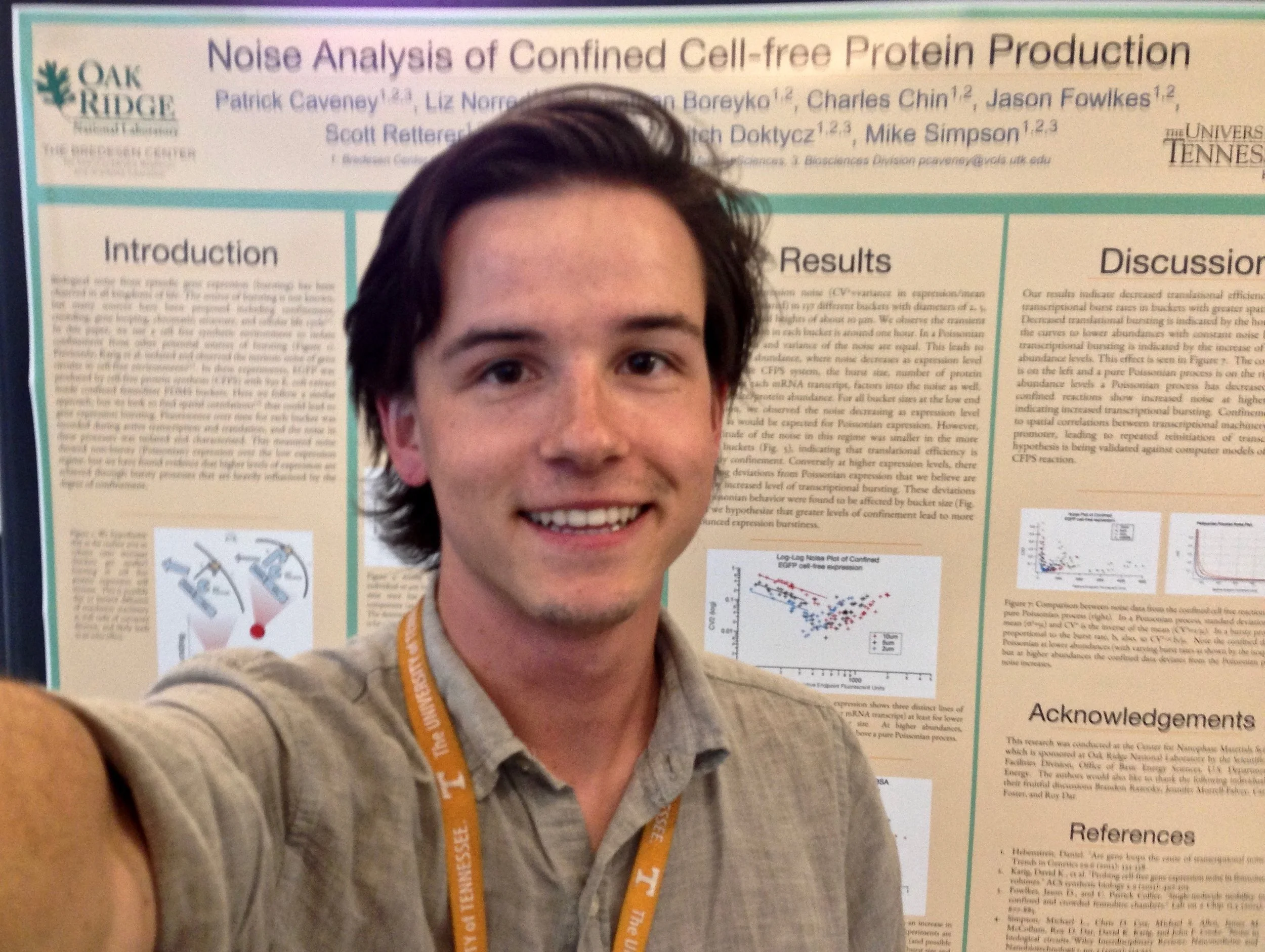Membrane Transport
/We submitted a paper titled Molecular Transport across Lipid Membranes Controls Cell-Free Expression Level and Dynamics to bioRxiv. This paper builds on the last paper that showed small resources needed for protein production can cross the membrane with light exposure. The purpose of this paper was to characterize how the location of resources (either inside the vesicle or outside the vesicle; Figure A) impacted the statics and dynamics of protein production inside vesicles (Figure B).
Abstract
Essential steps toward synthetic cell-like systems require controlled transport of molecular species across the boundary between encapsulated expression and the external environment. When molecular species (e.g. small ions, amino acids) required for expression (i.e. expression resources) may cross this boundary, this transport process plays an important role in gene expression dynamics and expression variability. Here we show how the location (encapsulated or external) of the expression resources controls the level and the dynamics of cell-free protein expression confined in permeable lipid vesicles. Regardless of the concentration of encapsulated resources, external resources were essential for protein production. Compared to resource poor external environments, plentiful external resources increased expression by ~7-fold, and rescued expression when internal resources were lacking. Intriguingly, the location of resources and the membrane transport properties dictated expression dynamics in a manner well predicted by a simple transport-expression model. These results suggest membrane engineering as a means for spatio-temporal control of gene expression in cell-free synthetic biology applications and demonstrate a flexible experimental platform to understand the interplay between membrane transport and expression in cellular systems.
Figure: Resource location (internal or external) affects gene expression behavior. (A) Gene expression is affected by the encapsulated (orange circular sector) and external (red triangle) molecular resources. (B) The gene expression transient is the sum of two components: one controlled by the internal resource concentration and one controlled by external resource concentration. The expression transient due to external resources should experience a delay (labeled here as expression lag) related to the membrane transport properties.
Full text is here.
Patrick M. Caveney, Rosemary M. Dabbs, William T. McClintic, C. Patrick Collier, and Michael L. Simpson. Molecular Transport across Lipid Membranes Controls Cell-Free Expression Level and Dynamics bioRxiv 606863 doi: https://doi.org/10.1101/606863

















